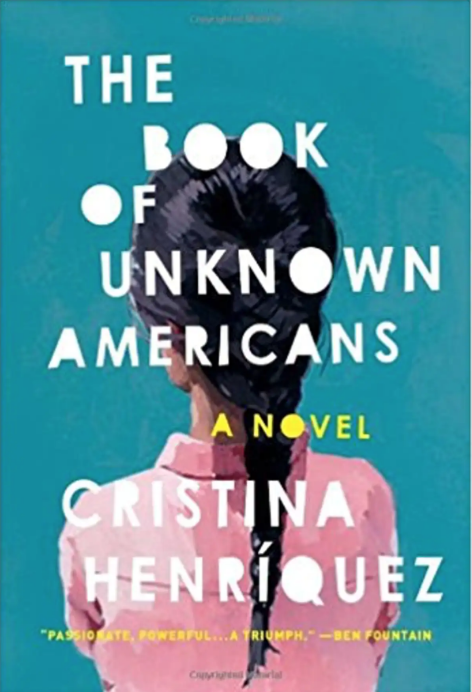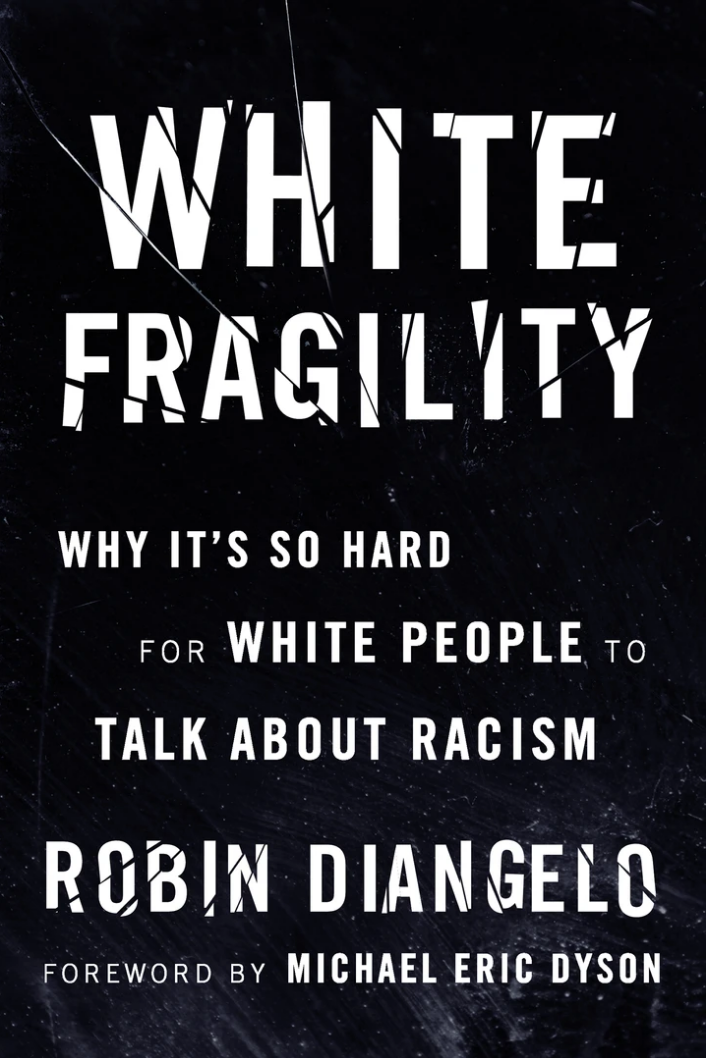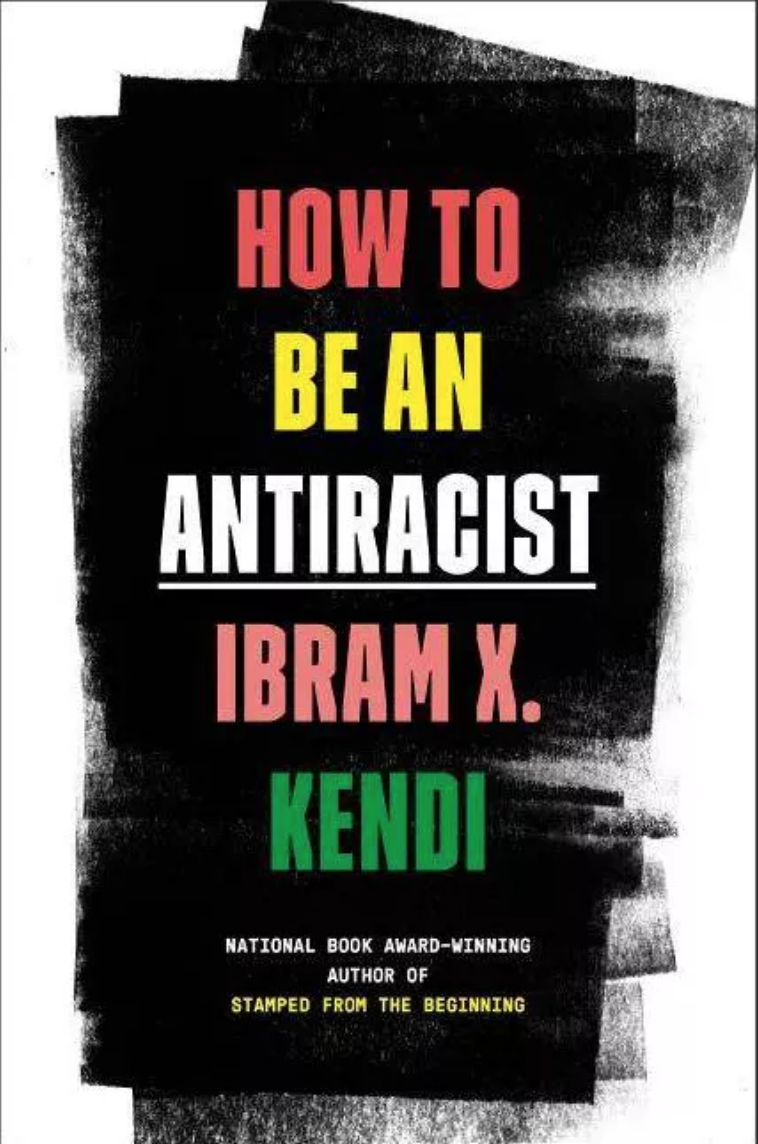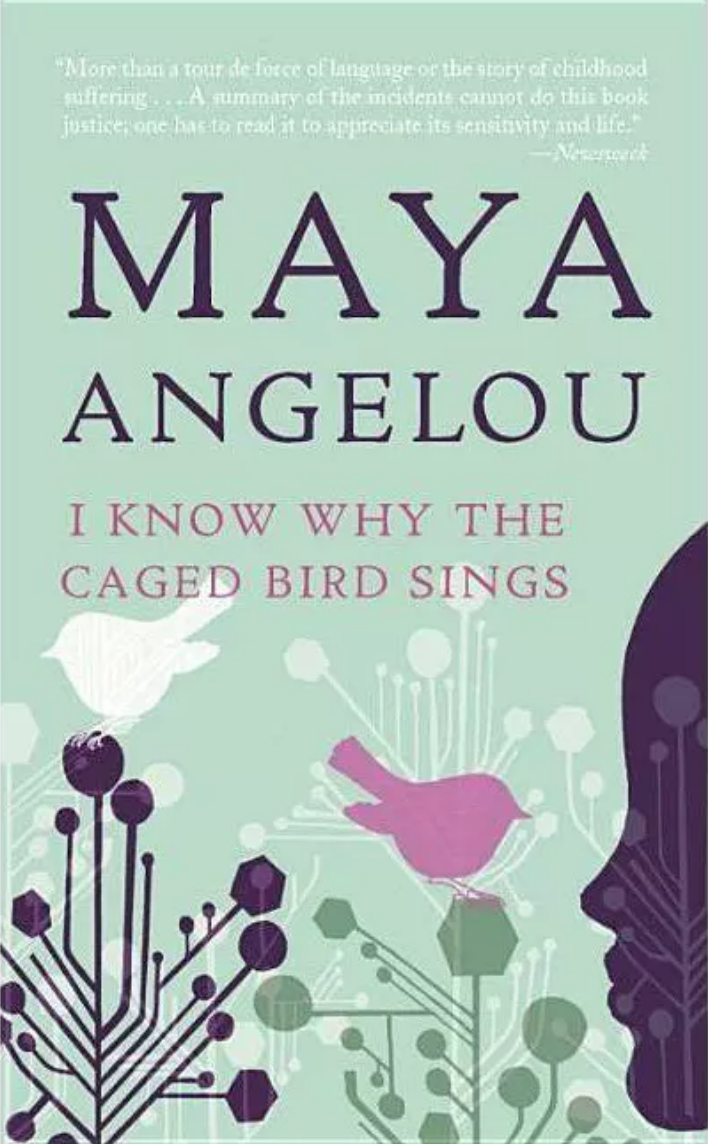Racial Hygiene
Talking about racism, while still a game of Russian Roulette, has become a trending line of business for many organizations, inspiring book clubs and dinner parties like Make America Dinner Again. There are groups of people, regardless of race, economic status and gender, who are not only willing but researching, organizing and investing in talking about race in America. While on the surface this seems inviting, almost seductive like a salve for a burning wound, we are still cautious and rightfully so.
The nuances, or micro-aggressions, of racism can’t keep up with the uprise of invitations to “unpack” racism. Our social norms are being dragged like cans of soup from newlyweds get away car constantly grating at the skin of the courageous folks stepping up to do the work. For many the ways in which this discomfort, or trauma, jumps up and flashes its venomous fangs seems to be unpredictable. It seems racism is only intimately known by it’s designers and targets. Inviting us to study it, to be accountable for our complicity and compliance.
As we continue educate our selves on the construction of racism, people of color are stepping off their soapboxes and being less transactional about to educating the unconscious and color blind. The burden is being picked up by self-employed “white allies” or “white accomplices”; to open up the trunk of family heirlooms and begin their racial equity journey. In response there is a cacophony of books, blogs, podcasts, support groups and privileges ready and willing to tear through the veil.
Waking Up White by Debby Irving
White Fragility by Robin DiAngelo
Ghost in the Schoolyard by Eve Ewing
The Guide for White Women Who Teach Black Boys by Michael Moore & Penick-Parks
Everyday Antiracist by by Mica Pollock
Ain’t I a Woman? by Bell Hooks
Go Tell it on the Mountain by James Baldwin
Essays by Gloria Anzaldúa
The House on Mango Street by Sandra Cisneros
Consider this! Read work by authors of color, period. This helps us shake out our filter and see their brilliance. Be mindful of position white authors as experts, especially on the perspectives of non-whites.
Unfortunately it seems most of the resources available are meeting white folks where they are at. Providing the tools to dig deep and rewire their mental models. Meanwhile people of color have their own DNA to investigate. The impacts of racism on people of color, while obvious as a flash of red of on a white collar, is still in serious need of attention. In February 2019 the American Psychological Association Journal published an article on Uncovering the Trauma of Racism. Lifting up the story of Monnica Williams and colleagues, published in Practice Innovations, “aims to provide a context for understanding how racism can lead to a diagnosis of PTSD according to the 5th edition of the Diagnostic and Statistical Manual of Mental Disorders (DSM-5).”
Thanks to the people in the field of psychology we don’t have to debate on just how bad it really is! This racism stuff won’t be healed by having a black friend and an ice pack. We need authentic relationships, resources, and accountability. Cultural critic Jay Smooth encourages us to turn down the volume on fragility and reframe the conversations on racism in his video on Racial Hygiene. Doing racial equity work has to be a daily practices and being told “you have food or racism stuck in your teeth” should be met with gratitude.
Take the time to build and nurture REALationships.
Acknowledge that people of color are experts in their lived experiences.
Invest time, treasure and talent into this work.
Be accountable; especially when it hard.





